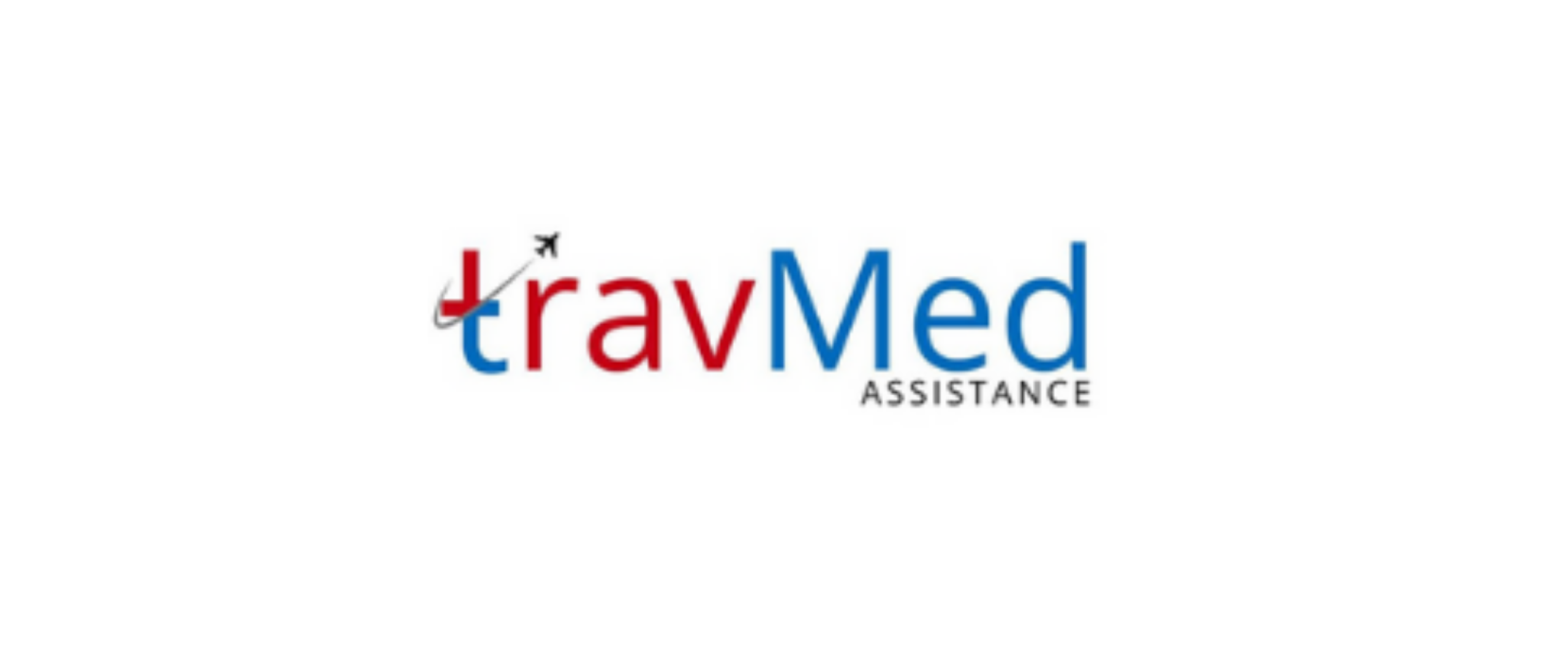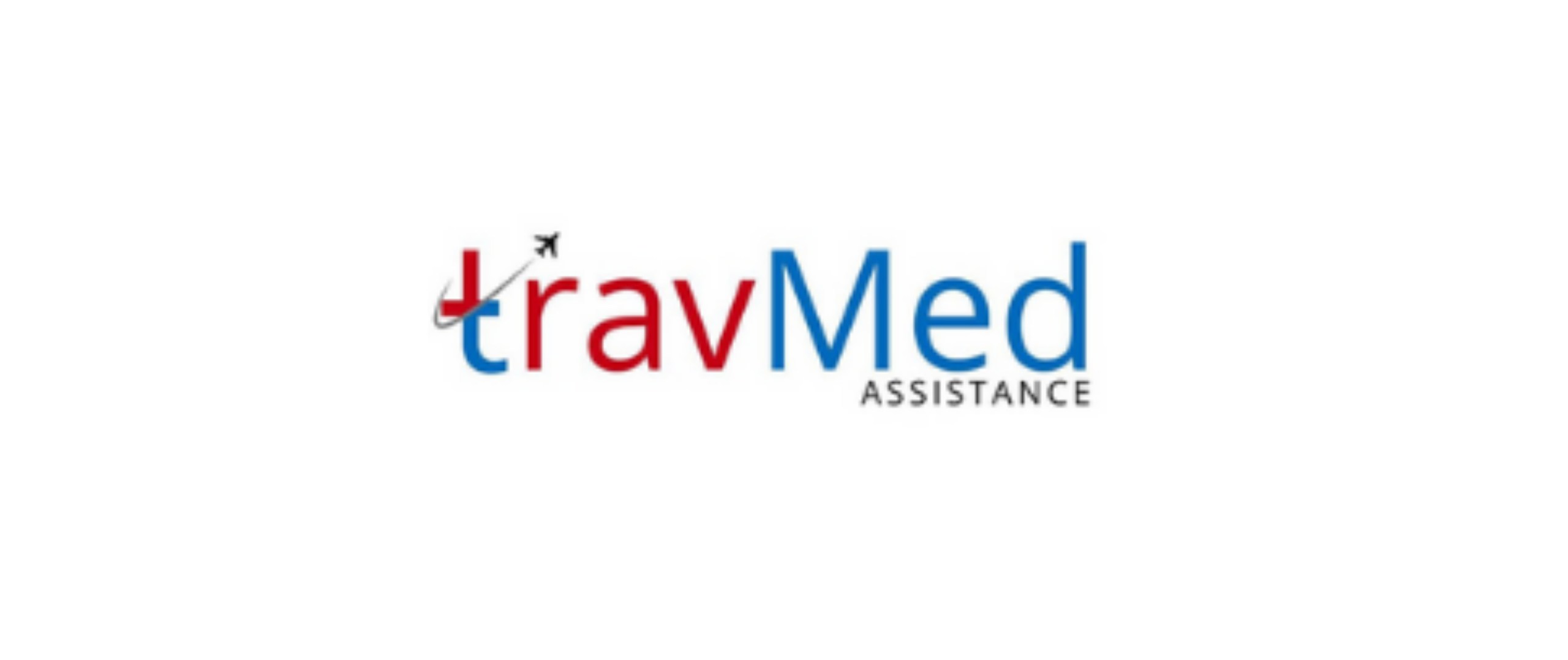
What are medical support services in Nepal?
Medical support services in Nepal encompass a wide range of healthcare-related assistance provided to patients, travelers, and residents. These services include emergency medical care, hospital admissions, medical evacuations, telemedicine consultations, and coordination of medical treatments. In Nepal, medical support services are designed to bridge gaps in healthcare access, especially in remote areas. They often involve a network of hospitals, clinics, ambulance services, and healthcare professionals working together to ensure timely and appropriate medical care. These services are particularly valuable for tourists and expatriates who may be unfamiliar with the local healthcare system. Medical support services in Nepal also include assistance with medical insurance claims, translation services for medical purposes, and arrangement of medical appointments.
Who provides non-medical support services?
Non-medical support services in Nepal are provided by a diverse group of organizations and individuals. These include:
- Travel assistance companies
- Insurance providers
- Embassy and consular services
- Local NGOs and community organizations
- Professional service firms
- Volunteer groups and expatriate communities
- Tourism boards and travel agencies
- Legal and administrative support services
- Transportation companies
- Language interpretation and translation services
These providers offer a range of non-medical assistance, such as travel arrangements, accommodation support, legal aid, and cultural orientation. They play a crucial role in helping individuals navigate daily life challenges, especially for those unfamiliar with Nepal’s systems and customs. Many of these service providers collaborate with medical support services to offer comprehensive assistance packages, ensuring that both medical and non-medical needs are addressed efficiently.
How do medical support services work?
Medical support services in Nepal operate through a coordinated system involving multiple stakeholders. When a person requires medical assistance, they typically contact a support service provider, such as a travel assistance company or their insurance provider. The process usually follows these steps:
- Initial contact and assessment of the medical situation
- Coordination with local healthcare facilities or emergency services
- Arrangement of appropriate medical care or evacuation if necessary
- Communication with the patient’s family or employer
- Monitoring of the patient’s condition and treatment progress
- Coordination of follow-up care and rehabilitation if required
- Assistance with medical bills and insurance claims
These services often maintain a network of healthcare providers, hospitals, and specialists across Nepal. They leverage this network to ensure patients receive appropriate care quickly. In emergency situations, medical support services may activate air ambulances or coordinate with local authorities for swift evacuation. For less urgent cases, they might arrange appointments with specialists or facilitate telemedicine consultations. The goal is to provide seamless, efficient medical care while managing logistical and administrative aspects of healthcare delivery in Nepal.
What is included in non-medical assistance?
Non-medical assistance in Nepal encompasses a broad spectrum of services designed to support individuals in various aspects of daily life and travel. These services typically include:
- Travel arrangements and itinerary planning
- Accommodation booking and support
- Transportation services, including car rentals and chauffeur services
- Language interpretation and translation
- Legal assistance and guidance on local laws and regulations
- Cultural orientation and adaptation support
- Assistance with visa and immigration procedures
- Lost document replacement services
- Emergency cash transfers
- Personal security and safety advice
- Concierge services for various personal needs
- Assistance with shipping and logistics
- Support for business travelers, including meeting arrangements
- Information on local customs, etiquette, and cultural norms
Non-medical assistance providers in Nepal often tailor their services to meet the specific needs of different client groups, such as tourists, business travelers, expatriates, or long-term residents. These services aim to enhance the overall experience of living or traveling in Nepal by addressing practical challenges and providing valuable local knowledge and support.
How are these services accessed in Nepal?
Accessing medical and non-medical support services in Nepal involves several channels:
- Contact service providers directly via phone, email, or online platforms
- Reach out to insurance companies for assistance covered under policies
- Use mobile applications provided by support service companies
- Seek help from hotel concierge services or tour operators
- Contact embassies or consulates for citizen services
- Visit local offices of assistance companies in major cities
- Use 24/7 emergency hotlines provided by support service companies
- Engage with online forums and expatriate communities for recommendations
- Consult travel agencies specializing in Nepal for pre-trip arrangements
- Utilize telemedicine platforms for remote medical consultations
Many service providers in Nepal offer multiple access points to ensure easy reach. For instance, travel assistance companies often provide toll-free numbers, mobile apps, and web portals. In emergency situations, local emergency numbers (102 for ambulance services in Nepal) can be used to access immediate help. It’s advisable for travelers and residents to have contact information for relevant support services readily available. Some providers also offer pre-trip registration services, allowing users to input their travel details and medical information in advance for quicker assistance when needed.
What documents are needed for support services?
To access medical and non-medical support services in Nepal, several documents may be required. These typically include:
- Valid passport or national identification card
- Visa or residence permit (for foreigners)
- Travel insurance policy documents
- Medical insurance cards or policy details
- Relevant medical records and prescriptions
- Emergency contact information
- Proof of address in Nepal (for residents)
- Travel itinerary or flight tickets (for travelers)
- Credit card information for payment guarantees
- Power of attorney (in cases where the individual cannot act for themselves)
- Vaccination records, especially for COVID-19 and other required immunizations
- Any pre-existing medical condition documentation
- Consent forms for medical procedures or information sharing
The specific documents required may vary depending on the nature of the service and the provider. For medical services, having up-to-date medical records and insurance information is particularly important. Non-medical services might require additional documents such as marriage certificates, birth certificates, or business licenses, depending on the nature of assistance sought. It’s advisable to keep digital copies of these documents securely stored and easily accessible, in addition to physical copies, to facilitate quick and efficient service provision in Nepal.
What is the cost of support services in Nepal?
The cost of support services in Nepal varies widely depending on the type of service, provider, and individual circumstances. Here’s a general overview:
- Medical support services: Costs can range from a few hundred to several thousand dollars, depending on the complexity of care needed. Emergency medical evacuations can cost upwards of $20,000.
- Travel assistance services: Annual memberships typically range from $100 to $500, with additional fees for specific services.
- Legal assistance: Hourly rates for lawyers in Nepal can range from $50 to $200 or more.
- Language interpretation: Costs typically range from $20 to $100 per hour, depending on the language and expertise required.
- Concierge services: Fees can vary greatly, with some high-end services charging monthly retainers of $500 or more.
- Insurance-based services: Often included in travel or health insurance premiums, which can range from $50 to $500 or more annually.
- Emergency cash transfers: Service fees typically range from 5% to 15% of the transferred amount.
- Document replacement services: Costs vary but can range from $50 to $500, depending on the document and urgency.
It’s important to note that many support services in Nepal offer package deals or membership options that can provide cost savings for frequent users. Additionally, some services may be covered by insurance policies, reducing out-of-pocket expenses. Prices can also fluctuate based on factors such as location within Nepal, seasonality, and demand. It’s advisable to compare different providers and inquire about any hidden fees or additional charges before engaging services.
Are services available 24/7 in Nepal?
Many support services in Nepal operate on a 24/7 basis, recognizing the need for round-the-clock assistance, especially in emergency situations. Here’s a breakdown of availability:
- Emergency medical services: Available 24/7 through hospitals and ambulance services.
- Travel assistance hotlines: Most major providers offer 24/7 phone support.
- Insurance company helplines: Often operate 24/7 for claim assistance and emergencies.
- Embassy emergency services: Typically available 24/7 for citizens in distress.
- Telemedicine services: Many offer 24/7 access to medical consultations.
- Hotel concierge services: Usually available 24/7 in larger hotels and resorts.
- Emergency cash transfer services: Often accessible 24/7 through online platforms.
- Security and evacuation services: Typically operate 24/7 for emergencies.
However, it’s important to note that while emergency services are generally available 24/7, some non-urgent services may have limited hours. For instance:
- Legal assistance may be restricted to business hours.
- Government offices for document processing typically operate during standard working hours.
- Some specialized medical services might not be available outside regular hours in smaller towns.
The availability of 24/7 services can also vary between urban and rural areas in Nepal, with more comprehensive round-the-clock services typically found in major cities like Kathmandu. It’s advisable to confirm the availability of specific services with providers, especially when traveling to remote areas of Nepal.
How is quality ensured in these services?
Quality assurance in medical and non-medical support services in Nepal involves various mechanisms and standards:
- Government regulations and licensing requirements for healthcare providers
- Accreditation from international bodies like Joint Commission International (JCI)
- Regular audits and inspections by health authorities
- Adherence to World Health Organization (WHO) guidelines
- Implementation of quality management systems like ISO 9001
- Continuous professional development and training programs for staff
- Patient feedback and satisfaction surveys
- Peer review processes within medical communities
- Collaboration with international healthcare institutions for best practices
- Use of modern technology and equipment to enhance service delivery
- Transparent complaint handling and resolution procedures
- Regular performance evaluations of service providers
- Compliance with international standards for medical evacuations and air ambulances
- Data protection and privacy measures in line with global standards
For non-medical services, quality assurance often involves industry-specific certifications, customer reviews, and adherence to international service standards. Many support service providers in Nepal also maintain partnerships with global assistance networks, ensuring consistency in service quality across different countries. Regular training and updating of staff on cultural sensitivities and customer service excellence are also key components of quality assurance in the support service sector in Nepal.
Who can use medical support services?
Medical support services in Nepal are available to a wide range of individuals:
- Tourists and travelers visiting Nepal
- Expatriates living and working in Nepal
- Nepali citizens, especially those in remote areas
- Business travelers on short-term assignments
- Students studying in Nepal
- Trekkers and mountaineers exploring Nepal’s landscapes
- Diplomats and embassy staff stationed in Nepal
- Humanitarian aid workers and volunteers
- Individuals with pre-existing medical conditions traveling to Nepal
- Elderly travelers requiring regular medical attention
- Pregnant women traveling or residing in Nepal
- Individuals requiring specialized medical treatments
- Participants in medical tourism programs
- Individuals involved in accidents or emergencies while in Nepal
The accessibility of these services may vary depending on factors such as insurance coverage, membership in assistance programs, or ability to pay for services. Some medical support services are specifically tailored for certain groups, such as adventure travelers or corporate clients. It’s important for individuals to understand their eligibility and coverage before traveling to or residing in Nepal. Many service providers offer pre-trip consultations to assess individual needs and ensure appropriate support is available during the stay in Nepal.
What is the role of technology in support?
Technology plays a pivotal role in enhancing the efficiency and effectiveness of support services in Nepal:
- Telemedicine platforms enable remote consultations with specialists
- GPS tracking systems assist in locating individuals in emergency situations
- Mobile apps provide instant access to support services and information
- Electronic health records facilitate quick access to patient medical histories
- AI-powered chatbots offer 24/7 customer support for basic queries
- Online booking systems streamline appointment scheduling and service requests
- Digital payment platforms enable secure and quick financial transactions
- Cloud-based systems ensure data accessibility and backup
- Wearable devices monitor health metrics for proactive care
- Virtual reality is used for training medical professionals
- Drone technology aids in delivering medical supplies to remote areas
- Blockchain ensures secure and transparent record-keeping
- Big data analytics help in predicting health trends and service demands
- IoT devices enable remote monitoring of patients
In Nepal, where geographical challenges can hinder traditional service delivery, technology bridges gaps in accessibility. For instance, telemedicine has been particularly valuable in providing medical consultations to remote mountainous regions. Mobile apps have revolutionized how travelers access information and assistance, offering features like offline maps, emergency contact buttons, and real-time travel advisories. As Nepal continues to develop its technological infrastructure, the integration of these technologies in support services is expected to expand, further improving the quality and reach of both medical and non-medical assistance across the country.
How do I contact support service providers?
Contacting support service providers in Nepal can be done through various channels:
- Phone: Call dedicated hotlines or customer service numbers
- Email: Send inquiries to official email addresses
- Mobile Apps: Use provider-specific apps for instant communication
- Websites: Submit contact forms or use live chat features
- Social Media: Reach out via official Facebook, Twitter, or Instagram accounts
- In-Person: Visit local offices or representatives in major cities
- SMS: Send text messages to designated short codes for quick responses
- WhatsApp: Use WhatsApp business accounts for messaging
- Telegram: Connect through official Telegram channels
- Local Partners: Contact through hotel concierges or travel agencies
- Emergency Numbers: Use 102 for ambulance services in Nepal
- Embassy Services: Contact your country’s embassy for citizen services
- Insurance Providers: Reach out to your insurance company’s assistance line
- Online Forums: Post queries on expat forums or travel communities
When contacting support services, it’s advisable to have relevant information ready, such as your location, nature of assistance required, and any applicable membership or policy numbers. For medical emergencies, it’s recommended to use phone services for immediate response. Many providers offer 24/7 contact options, especially for urgent situations. It’s also beneficial to save important contact numbers and download relevant apps before traveling to Nepal, ensuring quick access to support when needed. Remember to check the specific contact methods preferred by your chosen service provider, as these may vary between companies.


